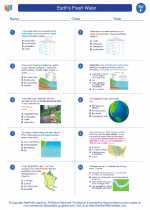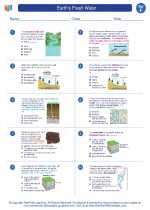What is Oil?
Oil is a viscous liquid derived from petroleum or other substances. It is a mixture of hydrocarbons that can be refined into various fuels and other products.
Formation of Oil
Oil is formed from the remains of ancient marine organisms and other organic matter that have been buried and subjected to heat and pressure over millions of years. This process, known as diagenesis, transforms the organic matter into hydrocarbons, resulting in the formation of oil deposits.
Extraction and Refining
Oil is extracted from the ground through drilling wells, and then it is refined to separate the different components, such as gasoline, diesel, kerosene, and other petroleum products. The refining process involves distillation, cracking, and other methods to obtain the desired products.
Uses of Oil
Oil has numerous uses, including as a fuel for transportation, heating, and electricity generation. It is also used in the production of plastics, lubricants, and various chemicals.
Environmental Impact
The extraction, refining, and burning of oil can have significant environmental impacts, including air and water pollution, habitat destruction, and contribution to climate change. Efforts are being made to develop alternative and renewable sources of energy to reduce our reliance on oil.
Study Guide
- What is oil and what is it derived from?
- Describe the formation process of oil.
- How is oil extracted from the ground and what is the refining process?
- What are the main uses of oil?
- Discuss the environmental impact of oil and efforts to reduce its negative effects.
[Oil] Related Worksheets and Study Guides:
.◂Science Worksheets and Study Guides Sixth Grade. Earth's Fresh Water

 Worksheet/Answer key
Worksheet/Answer key
 Worksheet/Answer key
Worksheet/Answer key
 Worksheet/Answer key
Worksheet/Answer key
 Vocabulary/Answer key
Vocabulary/Answer key
 Vocabulary/Answer key
Vocabulary/Answer key
